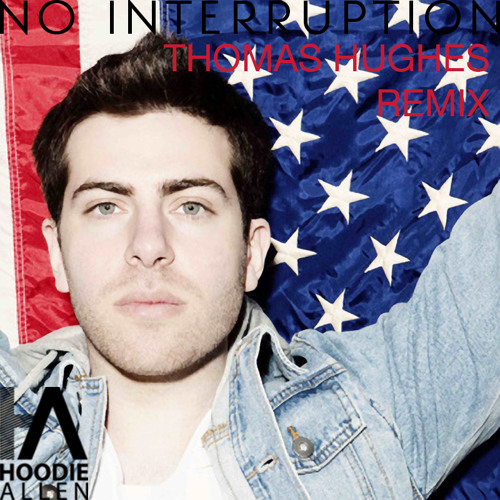


If the task is interrupted and the cue is encountered later, a spontaneous process is supposed to bring the intention to mind. When a person forms an intention, their memory establishes a specific cue to remind them to act. The conversation was social, and the nurse-who often had a cup of coffee in her hand-absentmindedly drank the medication, as if taking a sip of coffee! The nurse had to be driven home.ĭistractions and interruptions impact the prospective memory, or the ability to remember to do something that must be deferred (Relihan, 2010). A nurse who had just measured a dose of liquid chloral hydrate into a cup was interrupted by a pharmacist on her way to the patient’s room. An error reported to ISMP a decade ago is still an excellent example of how easy it is to make an error when distracted and interrupted. Attending to the new task increases the risk of an error with one or both of the tasks because the stress of the distraction or interruption causes cognitive fatigue, which leads to omissions, mental slips or lapses, and mistakes. To cite one study, the risk of any medication error increases 12.7% with each interruption, and the risk of a harmful medication error is doubled when nurses are interrupted 4 times during a single drug administration and tripled when interrupted 6 times (Westbrook et al., 2010) Thus, distractions and interruptions have major consequences in healthcare.Įffects of Distractions and Interruptionsĭistractions and interruptions include anything that draws away, disturbs, or diverts attention from the current desired task, forcing attention on a new task at least temporarily. However, the argument that distractions and interruptions contribute to medication errors is persuasive in the literature.

Multi-tasking is expected from those being interrupted, and constant distractions and interruptions are generally accepted as the norm in healthcare. For instance, nurses administering medications and pharmacists and technicians dispensing medications are distracted and interrupted as often as once every 2 minutes (Relihan et al., 2010 Silver, 2010)! Physicians are interrupted, too-about once every 5 minutes in an academic emergency department (ED) setting and once every 10 minutes in a community ED setting (Chisholm et al., 2011). If you’re a health professional, it’s hard to get through a single hour of the day without being distracted or interrupted, even when performing critical tasks. Interruptions Lead to Errors and Unfinished…Wait, What Was I Doing?īy The Institute for Safe Medication Practices


 0 kommentar(er)
0 kommentar(er)
